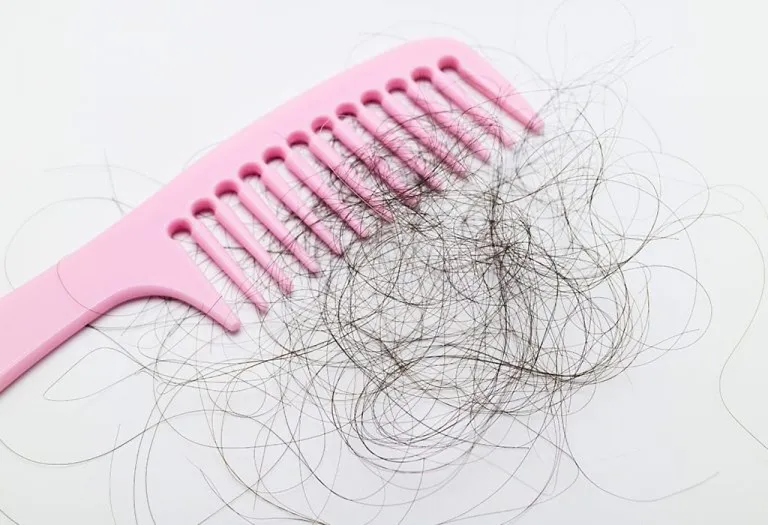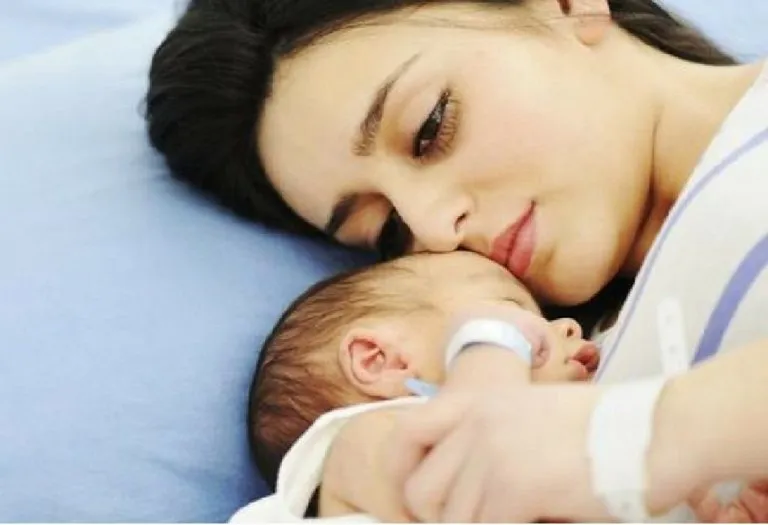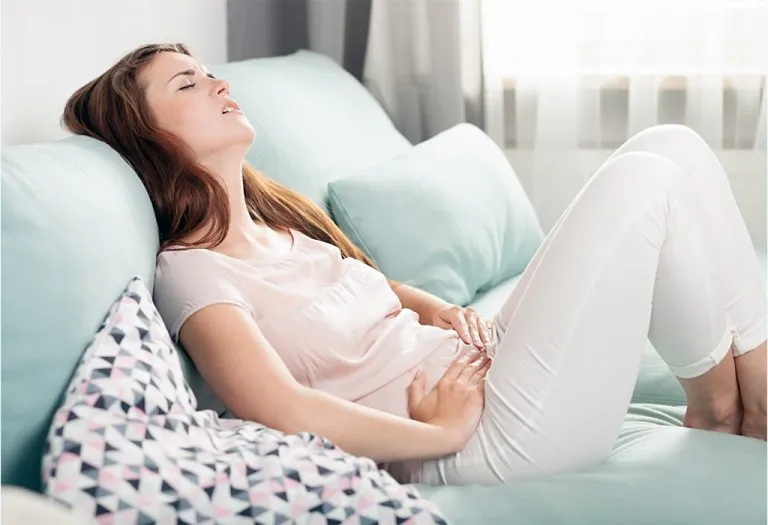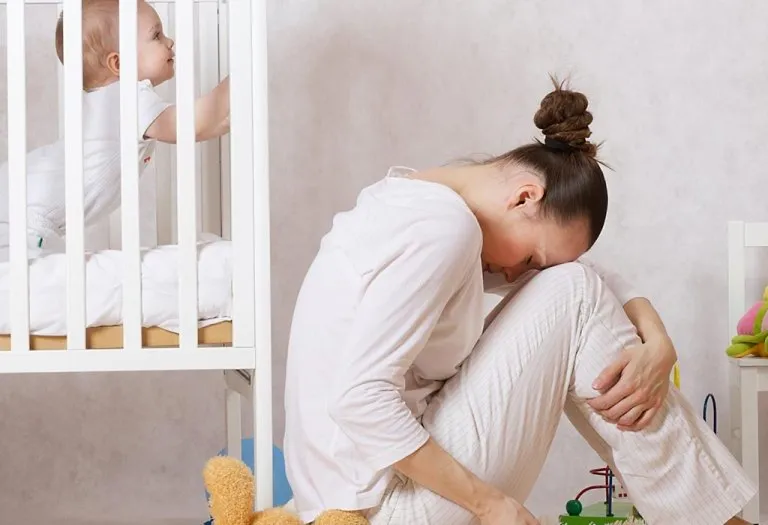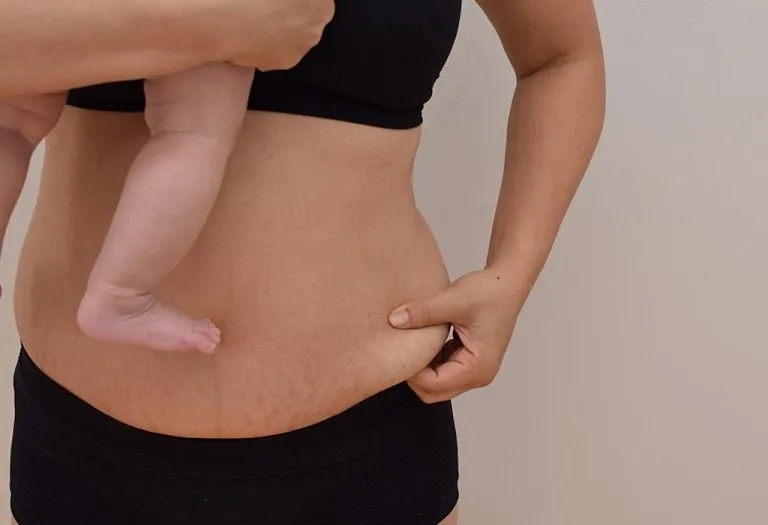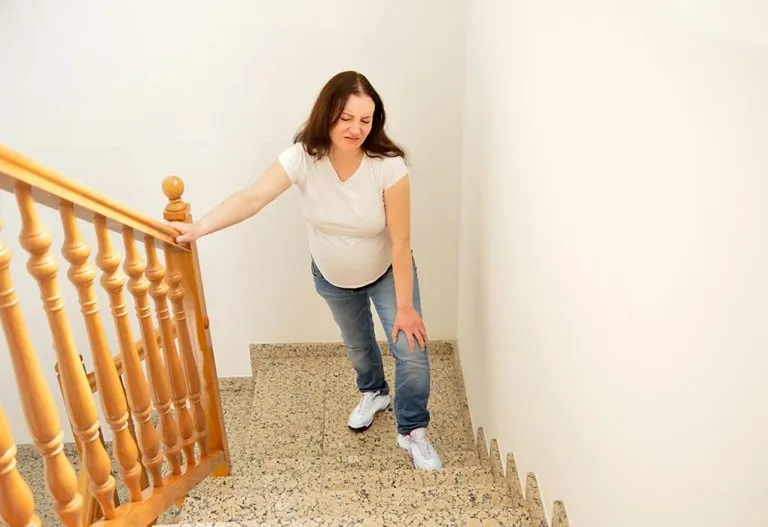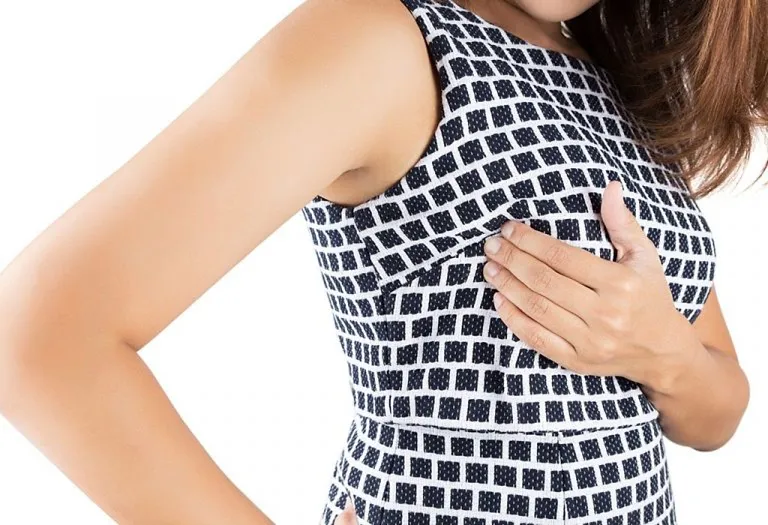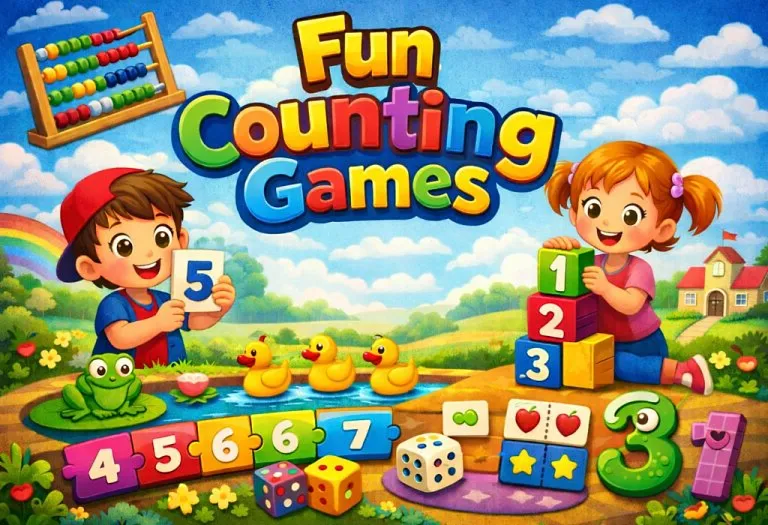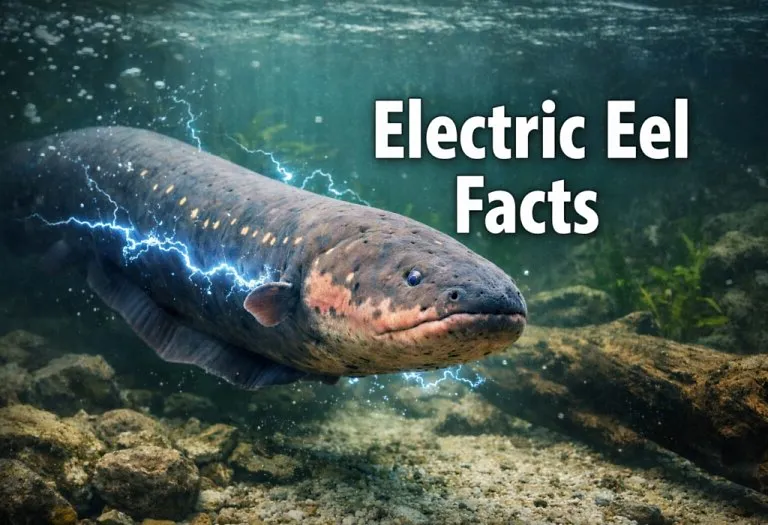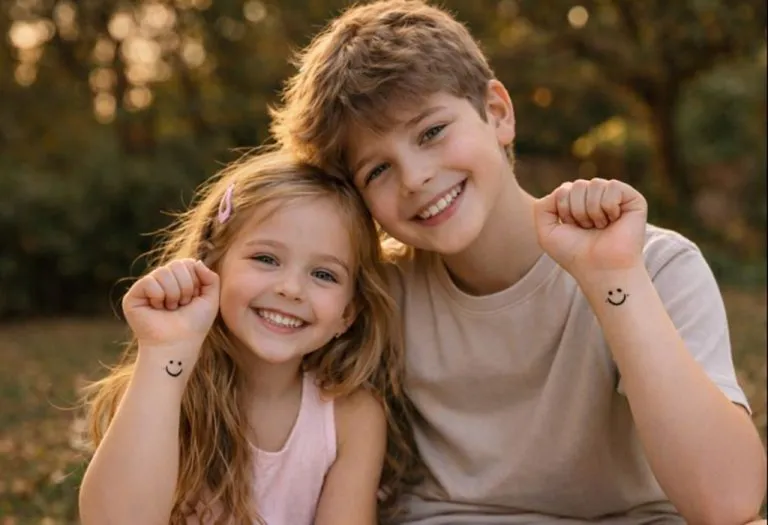Postpartum Hair Loss – Causes, Signs and Prevention

- Is It Normal to Lose Hair After Pregnancy?
- Causes of Hair Loss After Pregnancy
- Signs of Hair Loss After Baby
- How Long Dose It Last?
- Treatment for Postnatal Hair Loss
- Home Remedies for Post Pregnancy Hair Loss
- How to Prevent Postpartum Hair Loss?
- FAQs
Postpartum hair loss, or hair loss after delivery, is a distressing condition that new moms usually deal with after pregnancy. It is a common experience for many new mothers, often adding stress to an already challenging postpartum period. This type of hair shedding usually starts a few months after childbirth and can last up to a year. Excessive hair loss is one of the biggest complaints amongst mothers post-delivery, but moms-to-be can take heart in the fact that postpartum hair loss is a normal occurrence, and there are some effective ways to deal with it.
Keep reading to learn more about what causes post pregnancy hair loss, how to recognise the signs, and what you can do to prevent it.
Is It Normal to Lose Hair After Pregnancy?
Losing hair after pregnancy is quite normal, so there is no need to worry. About 85% of our hair grows actively while 15% of it is in resting mode – this 15% usually falls out during hair wash or combing during a period called the shedding period, and it makes way for new hair follicles.
The high levels of oestrogen during pregnancy prolong the growing stage of hair. This hormone increases the flow and circulation of blood, thus strengthening the roots. There are very few hairs in resting mode and the overall hair fall is low. As a result of this, women have thicker and stronger hair during pregnancy.
However, things change post-delivery. The oestrogen levels in the body fall and the hair follicles go into rest mode and start falling abruptly. A sudden change in hormones, thus, causes hair fall post-delivery, but it is not permanent. After pregnancy, mothers go through a shedding period which usually lasts only for 6 to 8 months. Hence, this drastic change is only temporary (1).
It is also important to note that the amount of hair fall post-pregnancy will differ from one mother to another. For instance, this sudden increase in hair fall may become more prominent in women with longer hair. You must consult your physician if you think that your hair fall is increasing by the day.
Causes of Hair Loss After Pregnancy
What causes hair loss after pregnancy is no more a mystery. The most common reason for hair fall post-pregnancy is the fall in oestrogen levels. This causes more hair to go into resting mode and fall 4 months after delivery. This phase lasts for 6 to 8 months in new moms and is completely normal. But if the hair fall continues to persist, it may be due to anaemia or postpartum thyroiditis – pregnancy can change the levels of ferritin in the body and change your thyroid levels. Both the conditions can be treated, and a doctor must be consulted for the same (2) (3).
Signs of Hair Loss After Baby
Women, in general, lose close to 100 strands of hair every day even when they are not pregnant. However, about 4 to 6 months after delivery, you may observe clumps in your hairbrush or clogging in your drain. This is the first and only sign of postpartum hair loss, and the same gradually reduces as your baby gets ready to blow the candle for her first birthday.
How Long Dose It Last?
Hair loss after childbirth is a temporary phenomenon. It lasts only for the first few months after pregnancy, so with a little care, your hair will come back to normal by the time your little one turns a year old (1). So, there is no need to panic. However, the duration can vary depending on individual factors like genetics, overall health, and how quickly hormonal levels rebalance. If the hair loss persists beyond a year or seems particularly severe, it may be worth consulting a doctor to rule out other potential causes, such as nutrient deficiencies.
Treatment for Postnatal Hair Loss
Hair loss after delivery is a natural process caused due to hormonal changes that cannot be avoided. Therefore, there is no hair fall treatment after delivery that can stop this hair loss. Having said that, here are a few tips that can help control hair fall after delivery (2).
- Prenatal vitamin supplements can really help in controlling the loss of hair post-pregnancy. Consult your physician before taking prenatal vitamins.
- Eating healthy is very important after pregnancy, and that will keep your hair healthy too.
- Be extra gentle with your hair while washing or combing. Use a shampoo that increases volume in your hair and wash your hair only when necessary. Also, use combs with widely spaced teeth.
- Try donning a shorter hairstyle with increased volume.
Home Remedies for Post Pregnancy Hair Loss
Here is a list of tried and tested postpartum hair loss remedies to minimise hair fall:
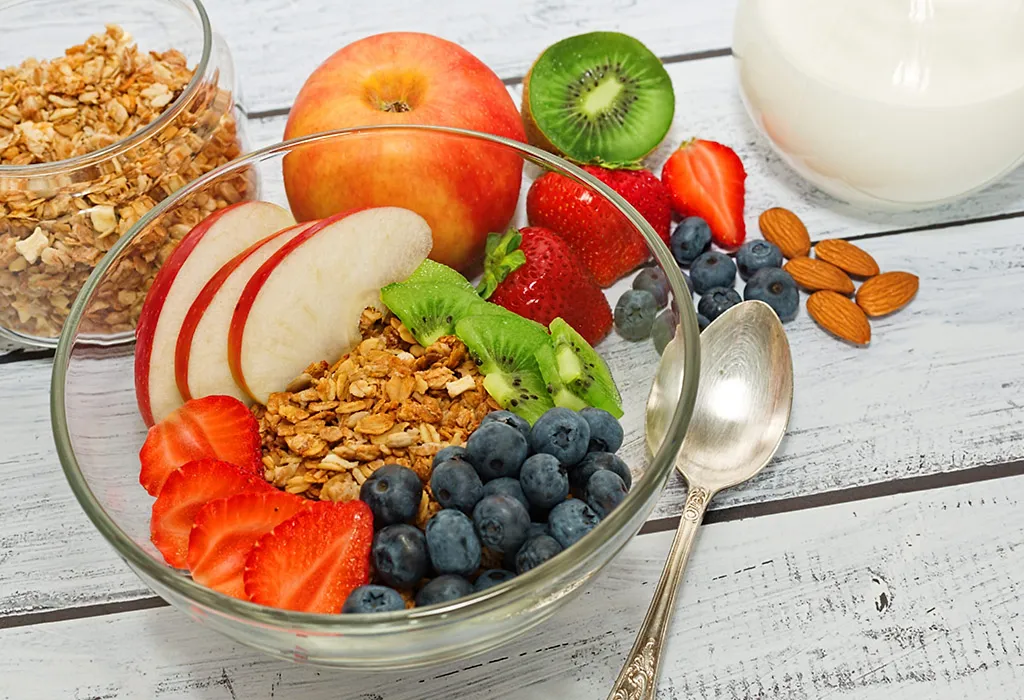
- Consume foods rich in iron, zinc, and vitamins.
- A homemade hair pack made of egg whites and olive oil applied directly on the scalp is a good remedy to minimise hair fall post-delivery.
- Soak fenugreek seeds overnight and apply the strained water directly on the scalp. Leave it for an hour or two and wash.
- Include yoghurt in your diet and use it as a hair mask as well – mix it with some coconut oil and apply.
- Massage your hair gently with lukewarm oil before your hair washes to improve circulation and increase hair growth.
- Drink amla juice or apply pure amla oil to strengthen hair (4).
- Application of coconut milk directly on the scalp also helps reduce hair loss (7).
- Include dry fruits and flaxseeds in your diet. They are rich in omega-3 and help in strengthening the hair.
How to Prevent Postpartum Hair Loss?
While hair fall after pregnancy is a natural process, here are a few steps you can take to minimise its impact and support healthy hair regrowth.
- Avoid using heat directly on your hair as it may cause irreversible damage. It is best to skip blow dryers and hot irons.
- Skip chemical treatments like perms or dyes for a while, as they can weaken your hair further.
- Avoid tight hairstyles that pull your hair and cause them to break from the root.
- Avoid stress. Stay calm and enjoy your time with your little one.
FAQs
1. Does breastfeeding affect postpartum hair loss?
Postpartum hair loss is primarily driven by hormonal changes, so it affects most new mothers, regardless of breastfeeding. However, breastfeeding can affect nutrient demands, so it’s important to maintain a well-balanced diet to support both hair health and overall wellness.
2. What nutrients support hair health postpartum?
Nutrients like biotin, iron, vitamin D, and omega-3 fatty acids play a vital role in hair health. Including a variety of fruits, vegetables, lean proteins, and whole grains in your diet helps support hair growth and overall recovery after pregnancy (5) (6).
3. Is it safe to take hair growth supplements while breastfeeding?
Some hair growth supplements may contain ingredients unsuitable for breastfeeding. It’s best to consult with a doctor before taking any supplements. Often, a balanced postpartum multivitamin is sufficient to support overall hair health.
The above-listed treatments and home remedies will allow you to enjoy the arrival of your little one instead of brooding over post-pregnancy hair fall.
References/Resources:
1. HAIR LOSS IN NEW MOMS; American Academy of Dermatology Association; https://www.aad.org/public/diseases/hair-loss/insider/new-moms
2. The Truth about Postpartum Hair Loss; Penn Medicine Lancaster General Health; https://www.lancastergeneralhealth.org/health-hub-home/motherhood/fourth-trimester/the-truth-about-postpartum-hair-loss
3. Hirose. A, Terauchi. M, Odai. T, et al.; Investigation of exacerbating factors for postpartum hair loss: a questionnaire-based cross-sectional study; PubMed Central; https://pmc.ncbi.nlm.nih.gov/articles/PMC10846762/
4. Akhbari. M, Firooz. A, Rahimi. R, et al.; The effect of an oral product containing Amla fruit (Phyllanthus emblica L.) on female androgenetic alopecia: A randomized controlled trial; PubMed; https://pubmed.ncbi.nlm.nih.gov/37487962/
5. Fisher. J; Vitamins, minerals, and hair loss: Is there a connection?; Harvard Health Publishing; https://www.health.harvard.edu/diseases-and-conditions/vitamins-minerals-and-hair-loss-is-there-a-connection
6. Almohanna. H. M, Ahmed. A. A, Tsatalis. J. P, Tosti. A; The Role of Vitamins and Minerals in Hair Loss: A Review; PubMed Central; https://pmc.ncbi.nlm.nih.gov/articles/PMC6380979/
7. Rele. A. S, Mohile. R. B; Effect of mineral oil, sunflower oil, and coconut oil on prevention of hair damage; PubMed; https://pubmed.ncbi.nlm.nih.gov/12715094/
Also Read:
Postnatal Depression
Postpartum Vitamins for Breastfeeding Mom
Postpartum Complications and Solutions
How Your Body Changes After Delivery of the Baby
Postpartum Diet – What foods to eat & avoid after delivery?
Was This Article Helpful?
Parenting is a huge responsibility, for you as a caregiver, but also for us as a parenting content platform. We understand that and take our responsibility of creating credible content seriously. FirstCry Parenting articles are written and published only after extensive research using factually sound references to deliver quality content that is accurate, validated by experts, and completely reliable. To understand how we go about creating content that is credible, read our editorial policy here.







